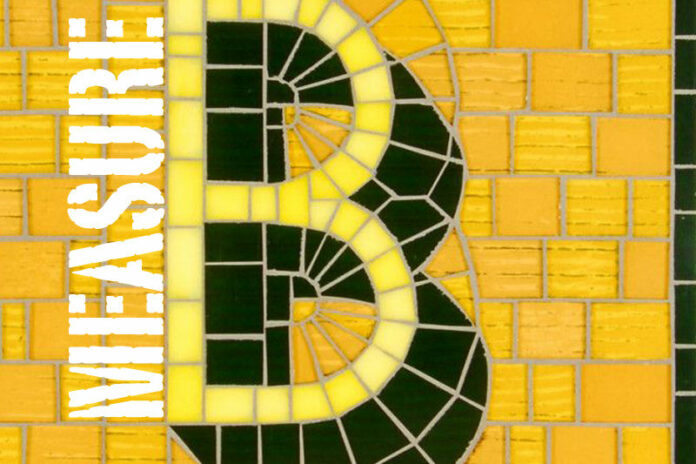High school boosters have just 45 days to spread the word about Measure B, a parcel tax to benefit local high school students — and their teachers
The West Sonoma County High School District (WSCUHSD) board voted to put a parcel tax measure on the March 2020 ballot way back in June, but the board waited until earlier this month — just three days before the Sonoma County Registrar of Voters’ Dec. 6 deadline —to confirm the measure’s final language and final parcel tax amount of $79 a year.
They were waiting, in part, for the district’s pollster and political consultant Greg Isom to do a last-minute telephone survey to see how support for the high school parcel tax had weathered the district’s yearlong battle with the teachers union. The answer was not as bad as some had feared, but Isom’s survey did show slightly softer support for the parcel tax measure than he found in April — though whether that had to do with the strike or the passage of three other parcel tax measures for fire services earlier this fall is anyone’s best guess.
Now supporters of Analy, El Molino and Laguna high schools have just a month and a half — before voting by mail starts on Feb. 3 — to convince voters of the importance of passing the parcel tax, which will raise approximately $1,810,000 a year for the district. (See sidebar for the exact language of the parcel tax measure and what it will be spent on.)
WSCUHSD already has a $48 a year parcel tax, which will expire at the end of 2021. If voters approve the new parcel tax, they will pay both parcel taxes in the first year, for a total of $127 in 2020, and $79 after that.
Leading the charge
School board watcher (and motion scientist) Jim Walton is spearheading the campaign for the high school parcel tax, which is called Measure B.
Over the last week, Walton has been busy writing the argument in favor of the parcel tax for the voter pamphlet, under the auspices of the “Friends of WSCUHSD.”
He is also gearing up for what will have to be a lightening-fast campaign.
“At this point, the key points for me are simply getting money to pay for yard signs and the mailers that typically go out for campaigns,” he said.
For now, Walton said he’s reaching out to a list of known donors — people who’ve contributed to the high schools in the past — but he said he’ll happily accept donations from anyone who wants to help fund the parcel tax campaign.
Walton also has the task of trying to herd a loose coalition of groups who’ve signed on to help with the campaign, including teachers and students from Analy, El Molino and Laguna, as well as a new parent organization, West Sonoma County Schools Community Action Coalition, which formed this fall to protest the threat to seventh period. (They won — seventh period was saved.) WSCUHSD board members have also pledged to go door-to-door campaigning for the parcel tax.
Walton said students have volunteered their social media marketing skills, as has Analy teacher and WSCTA teachers’ union president Lily Smedshammer, who successfully used social media — especially Facebook — to reach out to the community for support during the strike this fall.
Teachers, in particular, have a personal stake in the success of Measure B — their salary agreement with the district actually depends on the parcel tax to pay a 4% increase in the third year of their contract. Walton said that is what the single year of double funding will be set aside for.
The parcel tax campaign is also an all-hands-on-deck moment for West Sonoma County Schools Community Action Coalition.
“Our big focus right now is on raising money to pay for the campaign,” said Adam Parks, a spokesman for the coalition and the owner of Victorian Farmstead Meat Company. He also said the group is preparing marketing materials for the district to help attract interdistrict transfers, which enhance the schools’ bottom line by bringing in more ADA (average daily attendance) revenue from the state.
As far as the parcel tax is concerned, Parks said, “We’re getting all the groundwork laid in the month of December, but the pounding the pavement is going to start in January.”
In addition to going door-to-door talking to people, Parks said he’s looking forward to having a couple of town halls so advocates can make their case for the parcel tax.
“Nobody wants more taxes,” he said, “and nobody’s excited about putting more tax burdens on anybody, let alone property owners, but the reality is the amount of money that goes to our schools from the state and federal government is so limited.”
“Property owners have to keep in mind that having good schools is what keeps our property values high. It gives people a reason to move here. And in order to keep our schools at the level that we’ve enjoyed and to improve them, we’ve all got to pitch in a little bit. And, hopefully, the $7 to $8 a month that this parcel tax comes to will make sense to people.”
42.4
F
Healdsburg
November 17, 2024








